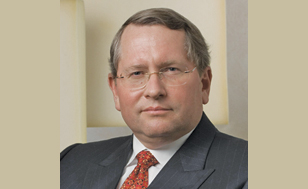Last March, we wrote a series of articles discussing Supreme Court Justice Antonin Scalia’s antitrust legacy on the Supreme Court. We noted Scalia’s admitted discomfort with the Sherman Act, specifically with holding corporate defendants, even monopolists, liable absent strong evidence of anti-competitive conduct. His likely successor appears to possibly hold similar views of the antitrust laws, ostensibly applying the Sherman Act to avoid replacing procompetitive, free-market behavior with judicially imposed, anti-competitive fiat, based on the record presented.
On Jan. 31, President Donald J. Trump nominated Neil M. Gorsuch, a judge on the U.S. Court of Appeals for the Tenth Circuit since 2006, to fill Scalia’s seat on the Supreme Court. Gorsuch has a long and storied background in antitrust work. Indeed, perhaps as much as former Justice John Paul Stevens. After graduating from Harvard Law School and eventually clerking for Supreme Court Justices Byron White and Anthony Kennedy (the most senior justice now on the Supreme Court), Gorsuch entered private practice where he brought and defended several major antitrust actions. Thereafter, upon his appointment to the Tenth Circuit, Gorsuch issued three high-profile antitrust opinions that shed light on his substantial expertise in the area. This article will focus on Gorsuch’s antitrust opinions. Future articles will focus on his antitrust experiences in the private sector and at the Department of Justice, where he briefly served.



